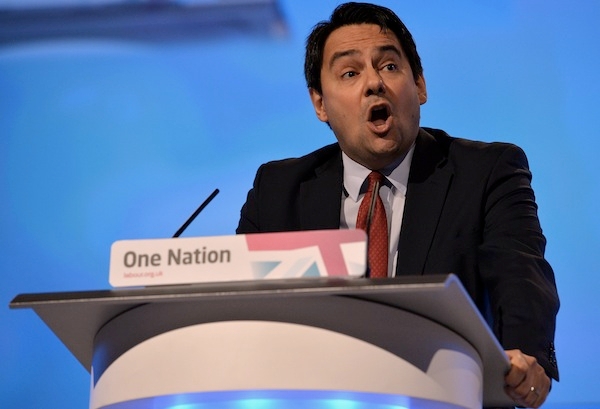Stephen Twigg is, as he probably expected, coming in for a bit of flak on his U-turn on free schools this morning. Labour’s Shadow Education Secretary has launched his own plan for ‘parent academies’, which Toby Young and James Kirkup have had some fun with here. But he is basically doing what Lord Adonis has long hoped the party would do, accepting that free schools are a variant of the last Labour government’s academies programme anyway. He just needed to find a new brand that wouldn’t send the teaching unions into orbit.
But what’s interesting is that Twigg also devoted large sections of his speech to trying to steal the localism crown from the Conservatives. He said:
‘Although he has tried to cast himself as a warrior for freedom in our schools, Michael Gove is in fact the classic centraliser, an armchair general, taking back freedoms, undermining head teachers and centralising power around his desk in Sanctuary Buildings.
‘Of course there are problems in the system, but this is not the way to deal with them. He tells us that decisions on schools are best made by central government, not the communities they serve.’
The three themes of his speech are ‘freedom, devolution and collaboration’, and promises ‘a radical devolution of power from Whitehall’. Sounds familiar, doesn’t it? It’s like listening to a Tory speaking in Opposition around 2009.
This isn’t the first example of a Labour shadow Secretary of State trying to wrest localism from the Conservatives, though. Hilary Benn did exactly the same thing with planning earlier this month, saying ‘local communities should decide where they want new homes’, as though that was the opposite of what the Conservatives have been trying to do all along. Labour spinners were very interested to see how effective that announcement was at tweaking the tail feathers of ministers.
It is clearly an attack line the party wants to use across social policy: shadow ministers want to claim that the Tories promised localism and have ended up holding onto the reins of power, while only Labour will give communities real power. In reality, of course, all parties like to talk big on local politics when they’re out of power, panicking when they find themselves in government and failing to let go as much as they promised. But it’s a bold move from an instinctively centralising party.







Comments